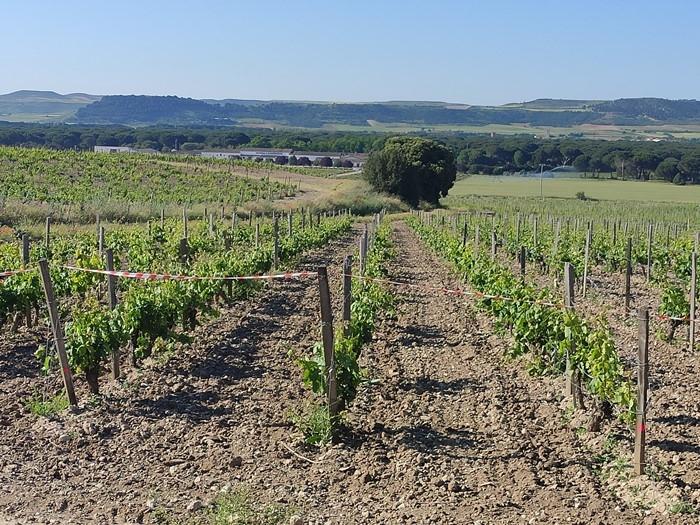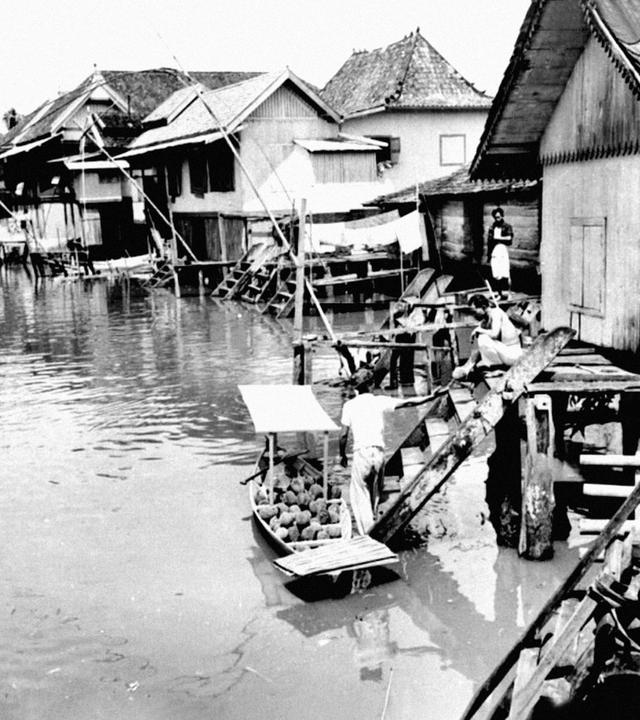Galicia and Castilla y León advance in the development of an efficient management tool for fungal infections in their vineyards
Sustainability and circular economy are elements with increasing weight in the wine sector, aware of the interrelation between environmental protection and wine quality. In this area, R&D becomes a tool for improvement and adaptation, providing innovative solutions that contribute not only to improving the quality of the final product, but also to optimizing production costs.
Viticast arises precisely in this framework of setting up innovative solutions for the wine sector. We are facing an innovation and public-private cooperation project co-financed by European funds with the aim of improving the prediction of fungal diseases in the vineyard. The program, which began in 2019, is being developed through an operating group with the participation of 11 members, including universities, wineries, technology platforms, associations, research centers and public administration, with the specialized company Monete Innovation as project representative.
With a total budget of just over 600 thousand euros financed 80% by the European Agricultural Fund for Rural Development (EAFRD) of the European Union and 20% by the Ministry of Agriculture, Fisheries and Food, within the framework of the National Rural Development 2014-2020, Viticast has funding from grants for the implementation of innovation projects of general interest by operating groups of the AEI-Agri (European Association for innovation in agricultural productivity and sustainability), within the framework of the National Rural Development Program 2014-2020. The project is also of a supra-autonomous nature since it is being developed between Galicia and Castilla y León, specifically involving four appellations of origin: Rías Baixas, Ribeiro, Valdeorras and Ribera del Duero.
Plot of Hacienda Monasterio in the DO Ribera del Duero

The choice of these two territories has not been exactly casual, since we find ourselves with the most important bioclimatic provinces of the peninsular northwest where the management of fungal diseases of the vine is of vital importance due to its high impact on the final production.
As Lucía Lloret, Technological Promoter of the Galician University Business Foundation (FEUGA), the entity in charge of managing and executing the project's dissemination actions, tells us, the objective of this national project - whose results we will soon know about that its completion forecast is next July -, is "to achieve the optimization of production and the sustainable development of grapevine cultivation through innovation in the management of fungal diseases with the highest incidence (mildew, powdery mildew and botrytis )".
To do this, they also have "a 15-year database in the Rías Baixas (Eurosiberian Region) and Ribeiro (Mediterranean Region) DDOOs, which together with the 2 years of data that will be obtained with the development of the VITICAST project, will make it possible to assess the impact that the various climate change scenarios predicted by the IPCC will have on grapevine cultivation in both bioclimatic regions".
VITICAST Operational Group consortium meeting
work goals
Through the data provided and obtained through this historical and field analysis of the different phenological states of both the different grape varieties and the control plots, the project seeks to establish prediction models for the number of spores in the atmosphere of the vineyard necessary for infection to occur, determine risk thresholds and develop specific algorithms for each DO with the recorded meteorological data to identify the propitious moments of attack by phytopathogenic fungi.
spore catcher
The combination of all this information will make it possible to develop a warning tool for possible infections that will optimize the number of phytosanitary treatments in viticulture, which will result in a reduction in production costs, an increase in the quality of the wine - estimating production in advance of harvest and comparing multi-residue analyzes - and contribute to better protection of the environment, by minimizing the incidence of the application of phytosanitary products in the environment.
In addition, the project will allow the effectiveness of post-harvest treatments to be assessed by comparing soil analyzes at the beginning of the campaign, adjusting the disease risk calculation models based on the geographical and climatic characteristics of the plot and the grape variety. and evaluating the annual costs per hectare for the reduction of phytosanitary products and cultural management through the technology applied in the project.
In short, it is an ambitious project that is about to be completed and the results of which will redound in the facilitation of the work of wine cooperatives and wineries, contributing to the production of a higher quality wine and more sustainable production, favoring the implementation of this complete surveillance tool that will offer individualized information for each grape variety, for each phytopathogen and depending on climatic and phenological conditions and the concentration of spores in the atmosphere. An innovation that will place these territories at the forefront of sustainable viticulture.
Viticast is made up of:
Requesting members: Monete Innovation SL – Representative of the Operative Group; Galician University Business Foundation (FEUGA); Bodega Matarromera SL; Viña Costeira SCG; University of Vigo (Plant, soil and by-product use research group); Bodega Hacienda Monasterio SL; Areeiro Phytopathology Station (EFA, Pontevedra Provincial Council)
Subcontracted members: University of Santiago de Compostela (Chromatography and Chemometrics Research Group, IAQBUS-Chemical and Biological Analysis Research Institute);
Collaborating members: Wine Technology Platform (PTV); Association of Colleiteiros and Bottlers of the Ribeiro (ACER); Galician Association of Viticulture (AGV).
Carmen FernándezGraduated in Information Sciences and specialized in enogastronomy and tourism








1612